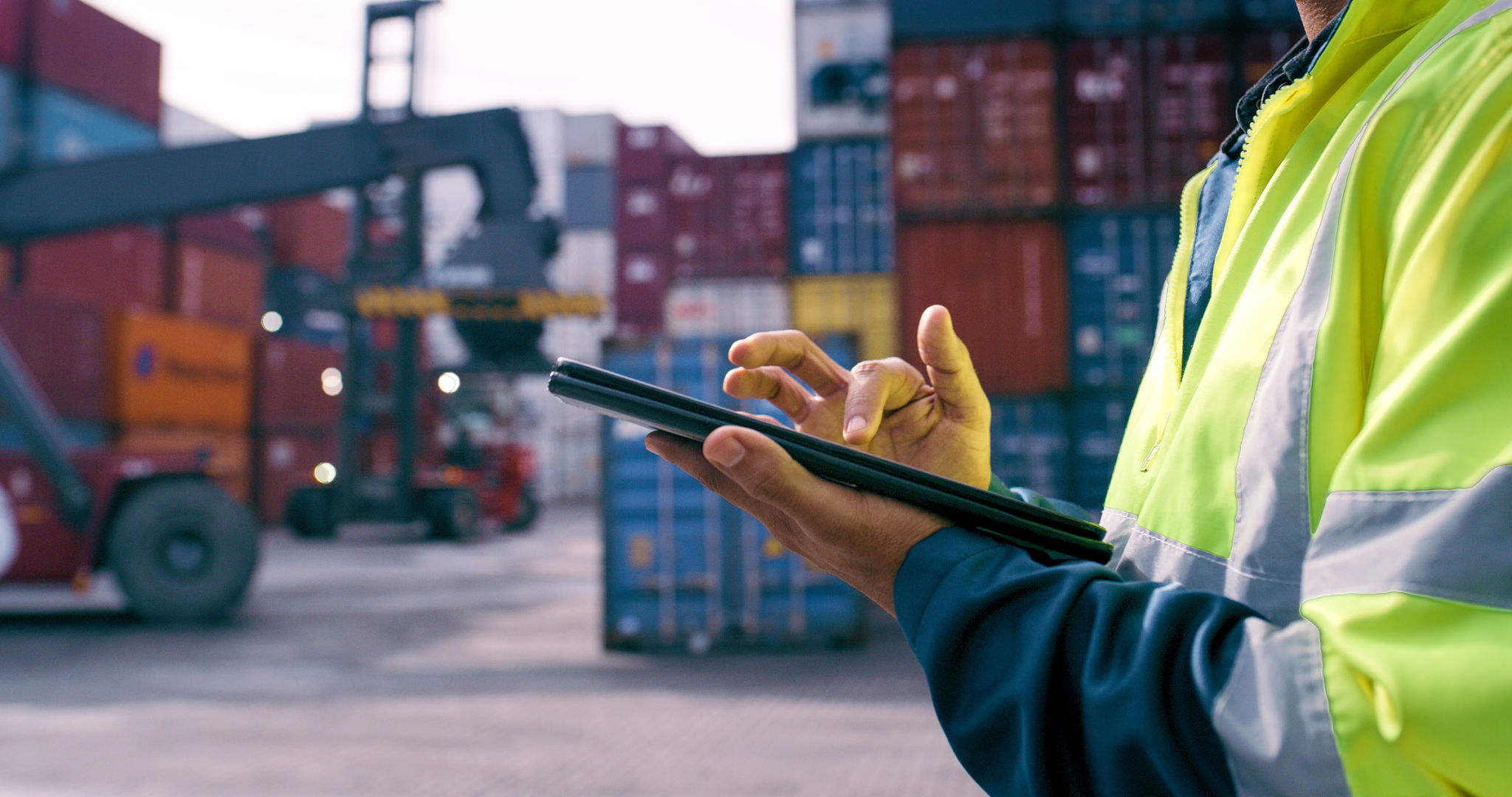Breaking Down the Myths of Freight Logistics in South Florida
Understanding Freight Logistics in South Florida
Freight logistics in South Florida is often surrounded by misconceptions and myths that can cloud the understanding of this essential industry. With its strategic location and robust infrastructure, South Florida serves as a key hub for both domestic and international trade. Let's break down some of the myths to gain a clearer view of the logistics landscape.

Myth 1: South Florida Only Handles Sea Freight
One prevalent myth is that South Florida's logistics industry is solely reliant on sea freight due to its extensive ports. While it's true that ports like PortMiami and Port Everglades play crucial roles, they are just part of a larger logistics ecosystem. The region also boasts a sophisticated network of road and rail systems, alongside a bustling air freight sector at Miami International Airport, which is one of the largest cargo airports in the United States.
Myth 2: Freight Logistics is Just About Transportation
Another common misconception is that freight logistics is only about moving goods from one place to another. In reality, logistics encompasses a wide array of activities including warehousing, inventory management, and supply chain optimization. Companies invest significantly in technology and innovation to ensure efficiency at every stage, from the initial planning to the final delivery.

Myth 3: Logistics Operations Are Not Environmentally Friendly
Many assume that logistics operations are inherently harmful to the environment. However, the industry has been making strides towards sustainability. South Florida logistics companies are increasingly adopting green practices, such as using fuel-efficient vehicles, optimizing routes to reduce emissions, and implementing eco-friendly packaging solutions.
Why South Florida is a Strategic Hub
The geographic location of South Florida makes it a strategic hub for trade between North America, Latin America, and Europe. This unique positioning fuels its logistics industry, enabling it to handle a diverse range of goods efficiently. Moreover, the presence of free trade zones and customs brokers facilitates smoother international transactions.

Technology's Role in Modern Logistics
The integration of technology in freight logistics cannot be overstated. From advanced tracking systems to data analytics, technology enhances transparency and efficiency in operations. South Florida companies are leveraging these tools to provide real-time updates and improve customer satisfaction, illustrating a proactive approach to modern challenges.
The Importance of Skilled Workforce
A skilled workforce is critical in supporting the complex logistics operations in South Florida. The region benefits from a diverse pool of talent trained in various aspects of logistics, from operational management to technical skills. Ongoing education and training programs ensure that the workforce remains competitive and capable of meeting industry demands.
Conclusion
By dispelling common myths about freight logistics in South Florida, we can appreciate the intricacies and importance of this sector. It is not just about transportation but involves a comprehensive network of activities supported by technology, sustainability efforts, and skilled professionals. As the industry continues to evolve, South Florida remains a pivotal player on the global stage.